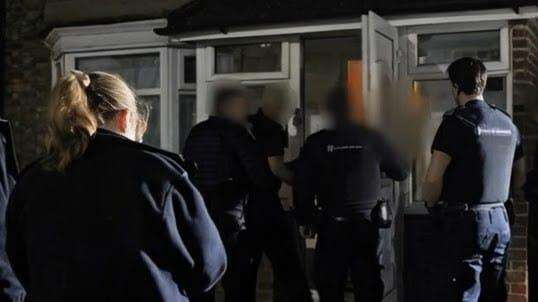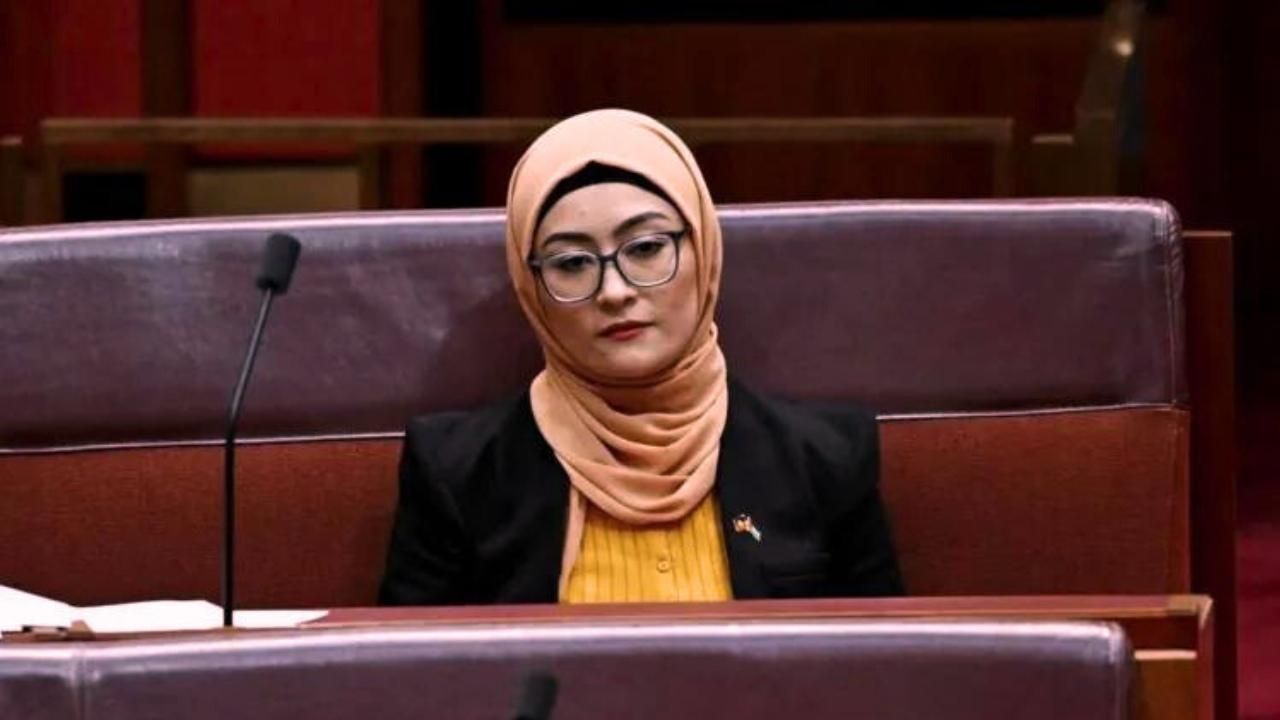After a six-year legal battle, during which her "hopeless" appeal against removal reached the Supreme Court, a lesbian Albanian asylum seeker can now finally be deported.
The woman, only known as LA, claimed that she would face persecution if she were to be expelled from the UK and sent back to Albania because she is a lesbian Muslim and would be persecuted if she were to enter the country illegally in November 2018.
This was despite a tribunal judge ruling there was no evidence of any risk of her being harmed or persecuted if she returned to her home country.
Three Supreme Court judges – led by Baron Reed of Allermuir, the court’s president – rejected her appeal against deportation, saying the grounds on which she had brought it were “hopeless”.
They ordered she should pay the Government’s legal costs and made it clear that similar applications for permission to appeal should not come before the court in future.
Although LA has now exhausted all grounds to challenge her deportation in the UK courts, she could still lodge an application with the European Court of Human Rights.
The number of outstanding appeals against removal by asylum seekers has quadrupled in a year, to stand at 27,000. They could be bogged down in the courts for years.
Initial claim in 2019
The Home Office dismissed LA’s initial asylum claim in May 2019 as clearly unfounded. She was granted permission to apply for a judicial review of the decision and the Home Office agreed to reconsider.
In March 2020, she was told she could appeal to the first-tier tribunal, but failed to do so and in May 2021, she was detained and issued with removal instructions.
The first-tier tribunal refused LA permission to appeal in Dec 2022. The upper tribunal refused her permission to appeal in March 2023.
Recent legislation
She then sought permission to apply for judicial review of the upper tribunal’s refusal but came up against legislation introduced by Sir Robert Buckland as Justice Secretary, which effectively bars judicial reviews of upper tribunal decisions.
The legislation was brought in because the upper tribunal upheld so many of lower-tier decisions that it was deemed unnecessary to give any asylum seeker a further right of appeal.
However, LA and her lawyers challenged the right of Parliament to bar an asylum seeker from appealing the upper tribunal’s decision – and, on those grounds, took the case through the High Court, Appeal Court and finally the Supreme Court.
The Supreme Court said it was “hopeless” to contend that Parliament lacked the power to enact such a restriction and to argue the bar was “ineffective”.








.svg)


